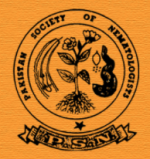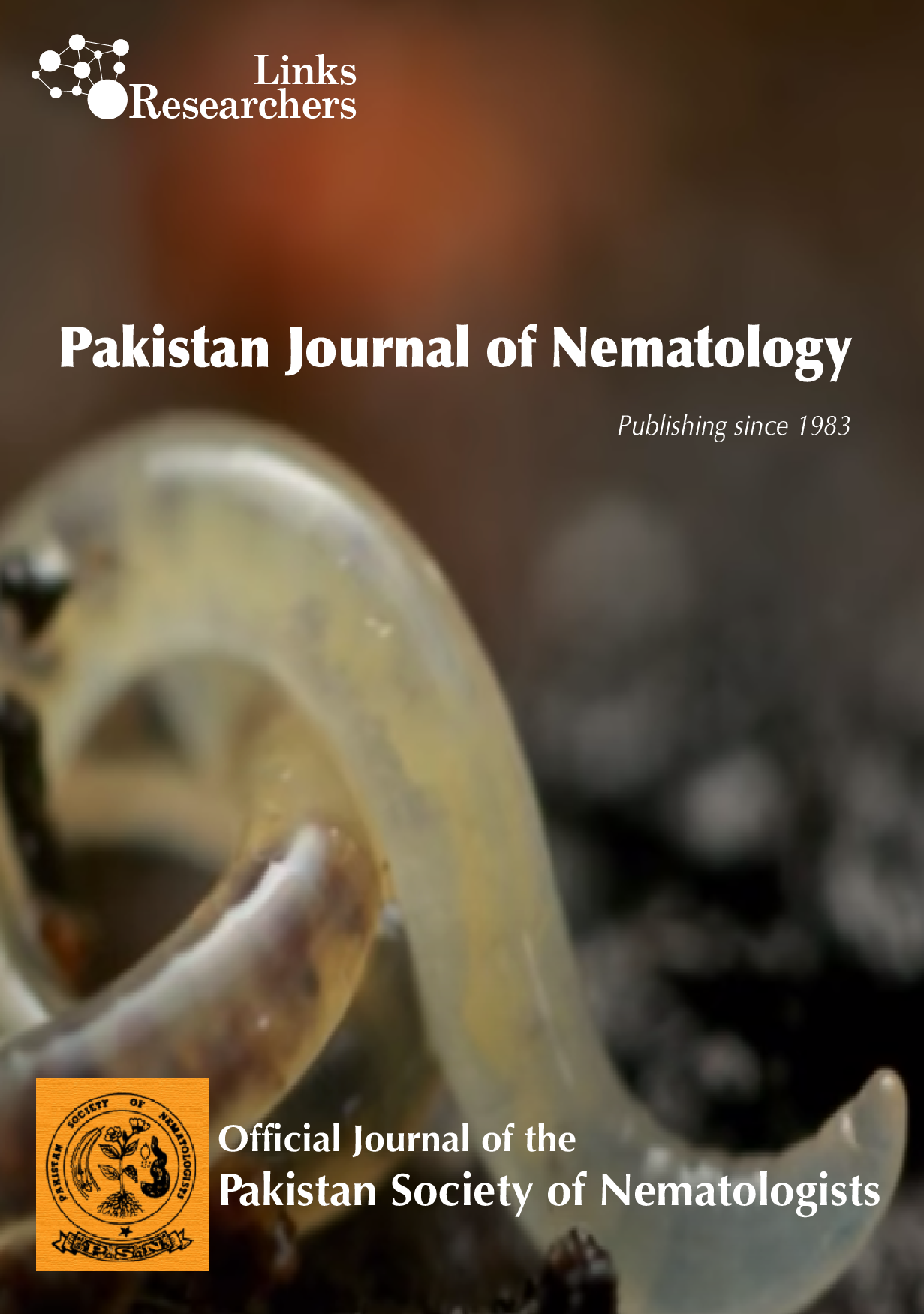Evaluation of biological seed treatments for management of Rotylenchulus reniformis on cotton
U. A. Al-Karim, A. A. Alshimaysawe, A. E. Mohammed† , W. A. R. Aljaafri and F. A. Al-Fadhal
ABSTRACT
Greenhouse experiments were conducted to assess the effectiveness of potential biological control products to manage and evaluate the development of Rotylenchulus reniformis on cotton. Tests included seeds treated with the Abamectin, ILeVo, and a non-treated control. Results showed that seed treatment with Abamectin and Burkholderia sp., suppressed the numbers of R. reniformis eggs significantly. Seeds treated with Abamectin and bacteria had fewer vermiform adults in the soil in comparison with the non-treated seeds. The bacteria and Burkholderia spp., seeds treatments drastically suppressed the number of eggs isolated from cotton roots compared with the non-treated control. Abamectin also inhibited the number of vermiform life-stages found in the soil as compared to the nontreated control. Biological seed treatments produced no negative effects on plant growth. The use of different biological control agents as seed treatments can manage plant-parasitic nematodes and limit the crop damage.
To share on other social networks, click on any share button. What are these?




